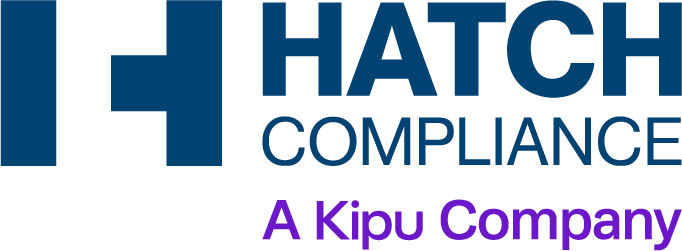Effective risk management is a cornerstone of behavioral healthcare compliance. Organizations in this sector must navigate a complex regulatory landscape while ensuring the highest standards of patient care and safety. By proactively identifying and mitigating risks, healthcare providers can maintain compliance, protect their patients, and enhance their operational efficiency. Let’s explore the key elements of risk management in the context of behavioral healthcare compliance.
One critical aspect of risk management is the development and implementation of comprehensive risk assessment protocols. These protocols involve identifying potential compliance risks and evaluating their impact on the organization. Regular risk assessments help organizations stay ahead of potential issues, allowing them to implement corrective measures before problems escalate. This proactive approach is essential for maintaining compliance and safeguarding patient well-being.
Another vital component is the integration of robust internal controls. Effective internal controls are designed to detect and prevent non-compliance issues, ensuring that all organizational processes adhere to regulatory standards. These controls can include regular audits, staff training programs, and standardized procedures for reporting and addressing compliance concerns. By establishing strong internal controls, organizations can minimize the risk of compliance breaches and foster a culture of accountability.
Employee training and education are also pivotal in managing compliance risks. Ensuring that staff members are well-versed in regulatory requirements and organizational policies is crucial for maintaining compliance. Regular training sessions, workshops, and access to updated resources empower employees to identify and address compliance risks in their daily operations. This ongoing education helps create a knowledgeable and vigilant workforce committed to upholding compliance standards.
Technology plays a significant role in enhancing risk management efforts. Advanced compliance management systems offer tools for monitoring, reporting, and analyzing compliance-related data in real-time. These systems can automate routine tasks, provide alerts for potential issues, and generate comprehensive reports to support decision-making. Leveraging technology allows organizations to streamline their compliance processes and maintain a proactive stance in risk management.
Key Elements of Risk Management in Behavioral Healthcare Compliance:
- Development of comprehensive risk assessment protocols
- Integration of robust internal controls
- Ongoing employee training and education
- Utilization of advanced compliance management systems
- Proactive identification and mitigation of compliance risks
In conclusion, effective risk management is integral to achieving and maintaining compliance in behavioral healthcare. Through comprehensive risk assessments, robust internal controls, ongoing employee training, and the use of advanced technology, organizations can mitigate risks and ensure adherence to regulatory standards. For those seeking expert guidance in enhancing their risk management and compliance efforts, Hatch Compliance offers invaluable support to help organizations navigate these challenges successfully.
For further assistance or inquiries, contact Hatch Compliance, the compliance experts, at www.HatchCompliance.com, Info@hatchcompliance.com, or (888) HATCH-30.













